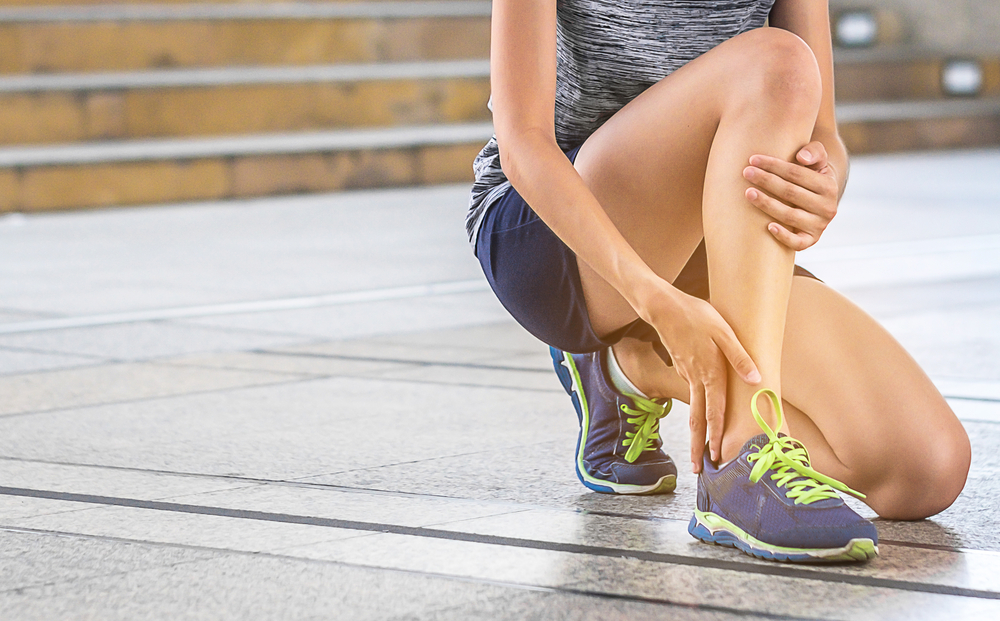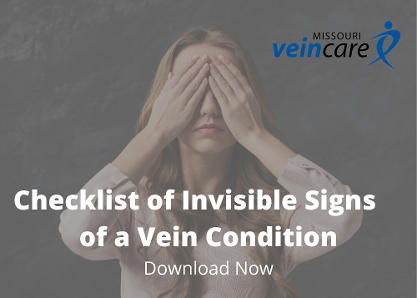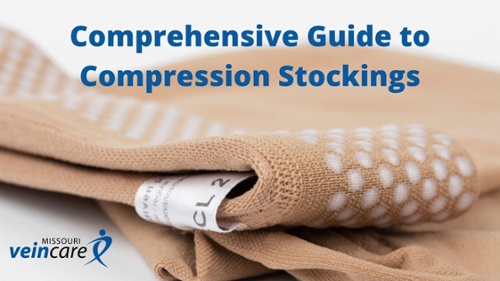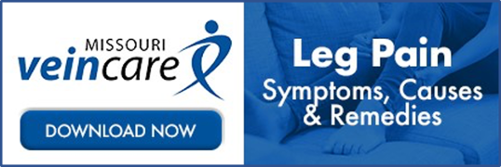What Is Venous Hypertension and Should I Be Worried?
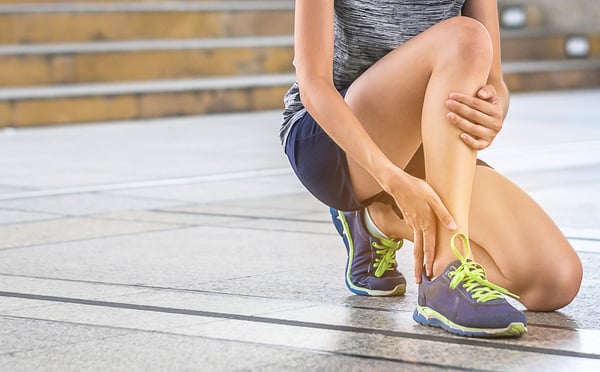
Venous hypertension is actually a very common health problem. Most studies find that about 40 percent of Americans have venous abnormalities that can lead to symptoms of venous hypertension. And up to about 5 percent of Americans have full-blown symptoms of the disease. While venous hypertension is not life-threatening, it can make your life less enjoyable. Here is what you should know about this condition and what can be done to treat it.
The Symptoms of Venous Hypertension are Progressive.
It may be helpful to review a basic principle of vascular anatomy. Arteries carry blood away from your heart. Veins carry blood back to your heart.
In most of your body, especially your legs, veins transport blood "uphill." They have to work against the force of gravity. To help your veins keep moving blood back to your heart, they have valves that prevent the flow of blood in the wrong direction. Over time, these valves can deteriorate so blood leaks and accumulates in the extremities of your body. This well-known condition is called vein reflux, or venous hypertension.
People with venous hypertension will notice that something is "off" years before they have serious symptoms. Maybe the calves of their legs will look suntanned in splotches, whether or not they get sun. Or the skin of their lower legs and ankles will be reddened without any obvious source of inflammation. They may have bouts of restless legs syndrome
As the condition progresses, it becomes painful. Your feet can hurt all the time. There can be intense muscle cramps up and down your leg. The calf muscle may become too weak to propel one or both legs forward, so you must plop your foot down on the ground with every step. You can develop dehydrated skin that leaves flakes in your bed every morning. Or your skin can ooze so much that puddles of fluid collect on your chair. Ulcers in your skin can appear and take months or years to heal without medical intervention.
What Causes Venous Hypertension?
There are a few factors that can contribute to venous hypertension - factors that will also exacerbate the problem when it does exist. Arterial hypertension, high blood pressure for which you take medication, does not "cause" venous hypertension, but the two conditions tend to show up together. Carrying excess weight places pressure on the abdomen, which makes it more difficult for blood in the veins below the heart to travel back to the heart. Diabetic foot infections can inflame veins and make venous hypertension much worse. in rare situations — and these are medical emergencies — venous hypertension can be caused by a blood clot in a vein. And a family history of venous hypertension or a personal history of certain kinds of surgery is also a consideration.
How is Venous Hypertension Diagnosed?
Just as you get a blood pressure cuff on your arm to measure arterial blood pressure, your healthcare provider will use blood pressure cuffs on your legs to measure venous blood pressure. You can then assess blood flow through your veins with a Doppler ultrasound. It's a painless procedure that takes about an hour.
What Can Be Done About Venous Hypertension?
The most important factor in the successful treatment of venous hypertension is finding and working with a vein care specialist sooner rather than later. The symptoms of venous hypertension will only worsen over time if left untreated.
There are also a number of things you can do on your own to help minimize the effect:
- Sleep with your legs elevated. Placing a couple of pillows under your feet will make a huge difference in how your legs look and feel the next morning.
- If you have a desk job, stretch your legs for a few minutes every hour. Get up and walk to stimulate blood flow. If your work permits, try to spend about 15 minutes every two hours lying flat on your back to give your veins a break from having to work against gravity.
- Use compression stockings. Your vein care specialist or healthcare provider will know the right pressure for an optimal result and be able to tell you the size you need. As compression stockings reduce your swelling, you may need a smaller size. One of the reasons to keep your scheduled appointments is to make sure compression socks work. It takes some practice to get them on and off easily, but there are devices to help you do that.
- Take all your medications exactly as prescribed.
- Follow the dietary recommendations of your healthcare provider. Certain foods in your diet need to be avoided and others need to be a bigger part of your daily consumption.
Venous hypertension is no small matter. It can result in both visible and invisible symptoms that will only worsen over time if left untreated. Consequently, many men and women of all ages suffer needlessly. We suggest a free vein screening to determine if venous hypertension is a factor.

